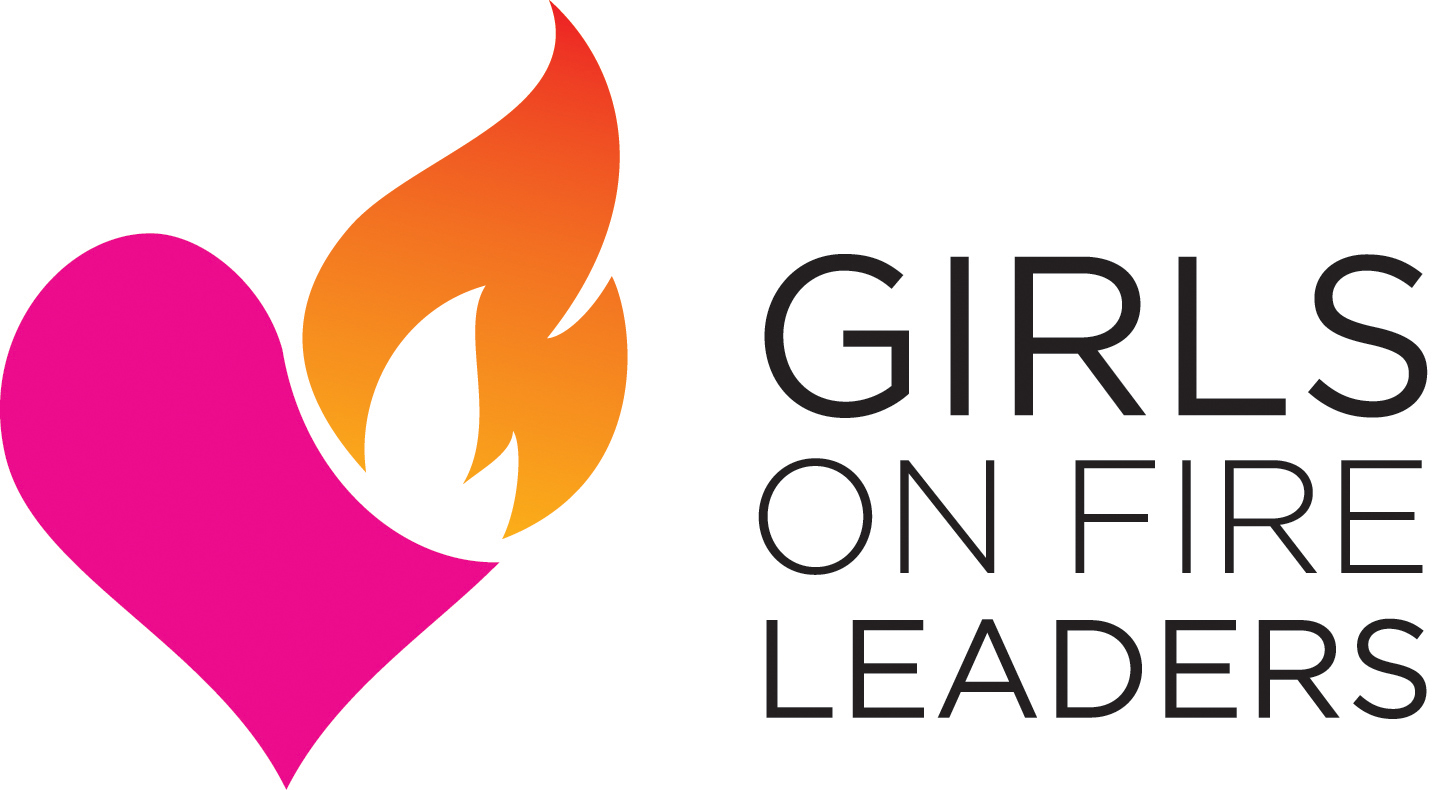SIGN THE SISTERHOOD FOR SAFETY PLEDGE
By filling this out, you are lending your voice to pass legislation in Kenya that will protect over 3 million children by ensuring they are safe in school. We will keep you updated on the progress as we aim to pass this historic legislation.
We always keep your privacy and will not give your info to any other entity.
SISTERHOOD PLEDGE FOR SAFETY
Education is the most effective safeguard for girls against gender-based violence, early child marriage, sex trafficking, teen pregnancy and female genital mutilation, all have increased to alarming rates since the pandemic Schools are safe spaces for girls and education is the only pathway to power and equality for a girl in poverty.
For the last year, we have been working on the first ever Child Protection Policy in Kwale County, Kenya that will protect over 3 million children right now and future generations to come. This policy will ensure that education can be accessed for all children and the obligation to attend school is mandatory for all children under 18 years old. This upholds a child’s human right to attend school and holds parents accountable if their child is not in school.
In January 2023, the final rounds of policy approvals will happen and we are aiming to have 50,000 international names to pass this historic legislation. Your name and your voice is needed!
This Children’s Protection policy will safeguard both girls and boys making this also a pioneering policy that has the possibility, through education, to change harmful societal norms on violence against women and girls and gender equality.
(see below for statistics on gender-based violence in Kenya)
A report on Gender Based Violence by the United Nations Population Fund (2020) stated that violence against women is a global pandemic that affects 1 in 2 women in their lifetime. Indeed, stakeholders now generally agree that violence against women and children is perhaps the most widespread and socially tolerated
Research findings across the world portray violence against women and children as a complex issue that has as its root in the structural inequalities between men and women.
along with social arrangements that give males extra privilege.
In Kenya, the Gender Violence Recovery Center (GVRC) found that between 59% and 77% of Kenyan women experience violence in their lifetime and is among the highest rate in the world and has increased since the pandemic.
The Kenya Demographic Health Survey (KDHS 2014) estimated that 21% of women and girls aged 15-49 years had experienced Female Genital Mutilation, and a reported 39% of children/girls were married before the age of 18. Physical impacts of violence range from death and injury to increased risk of unwanted pregnancy.

